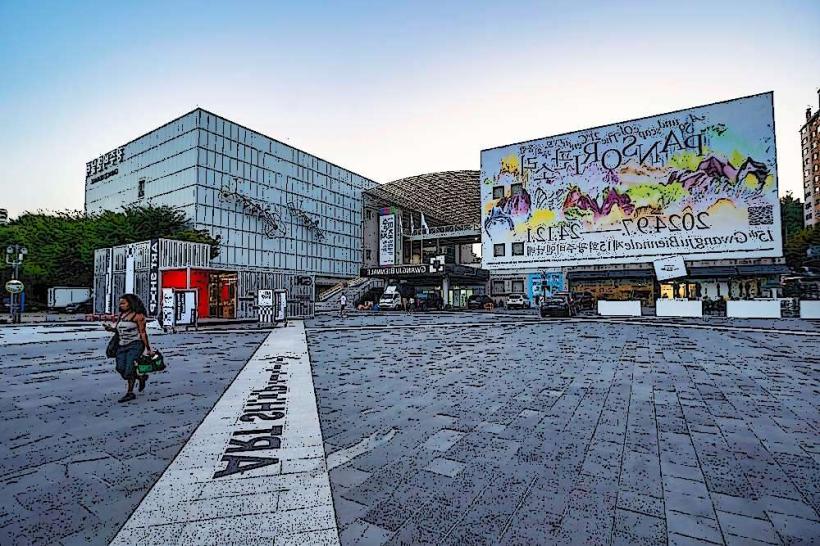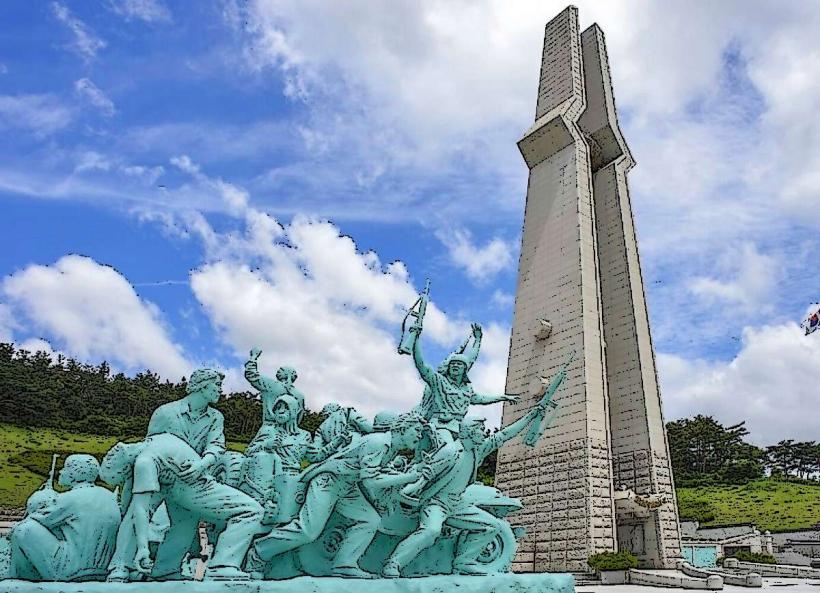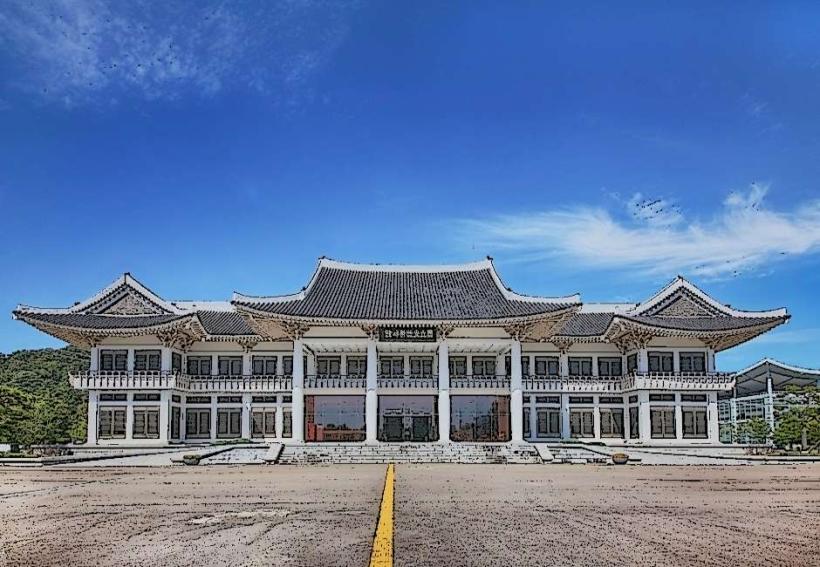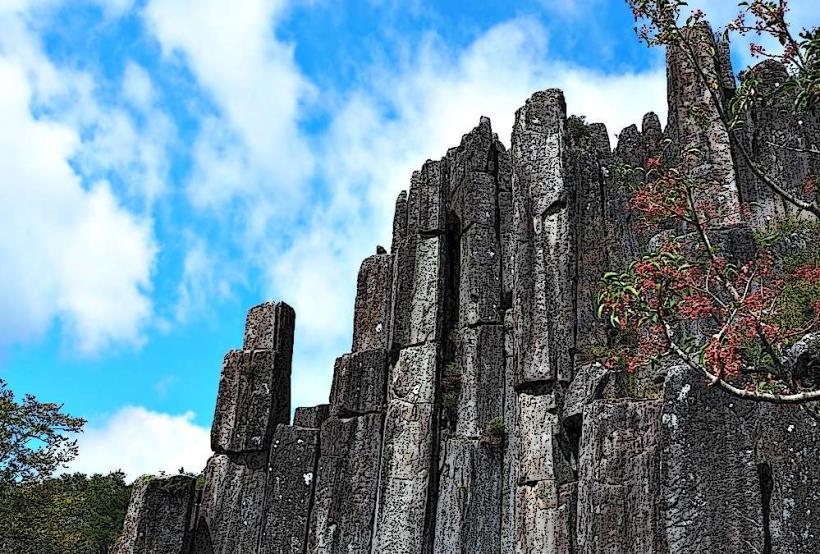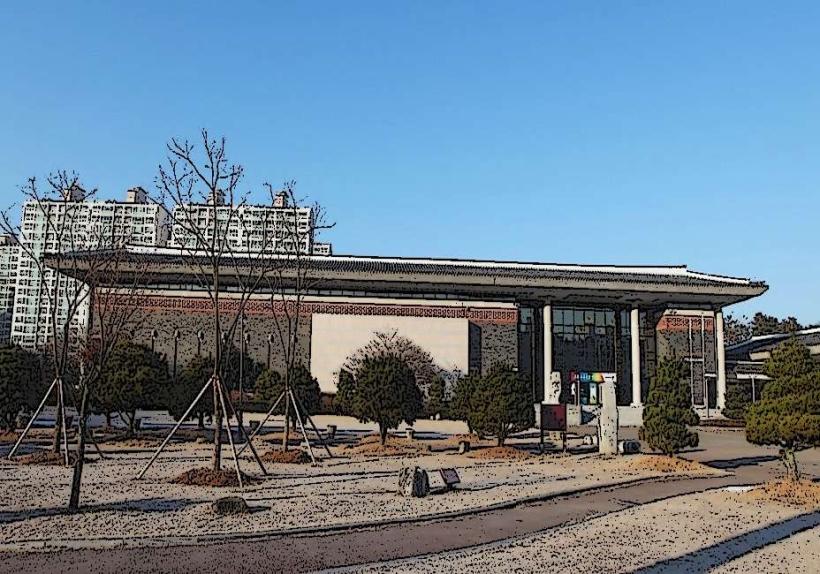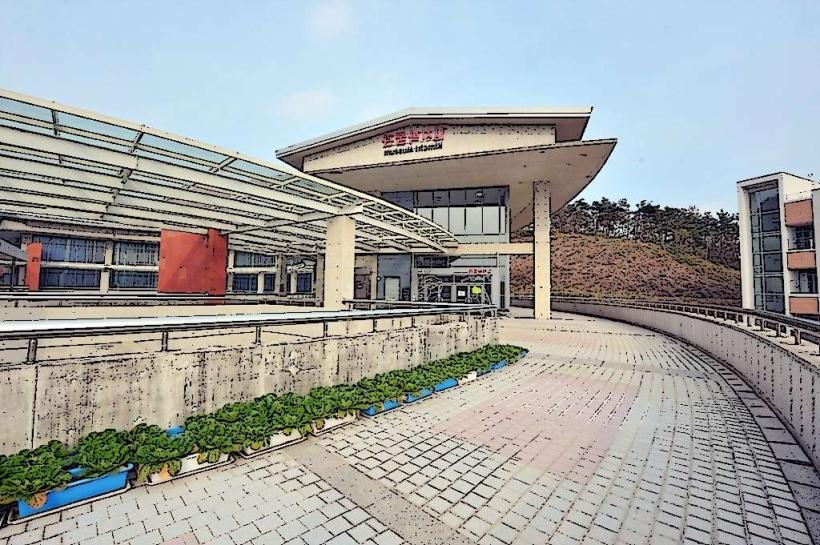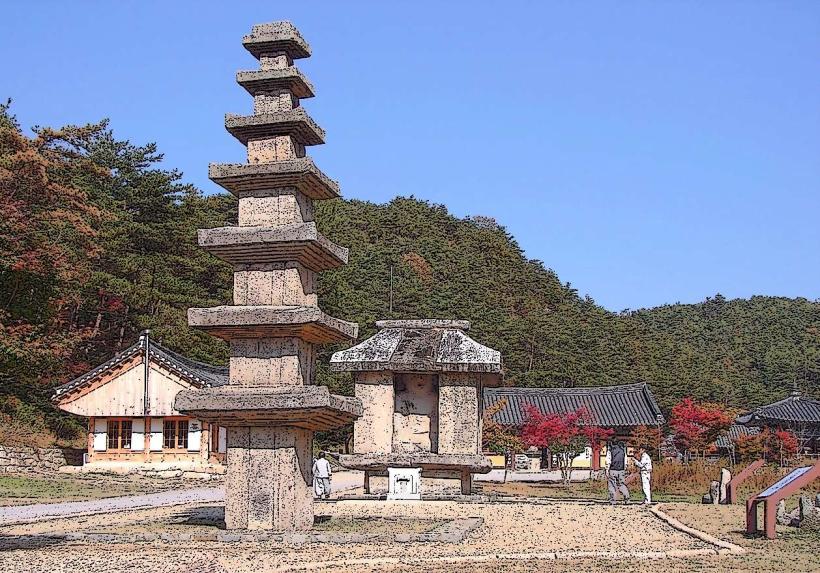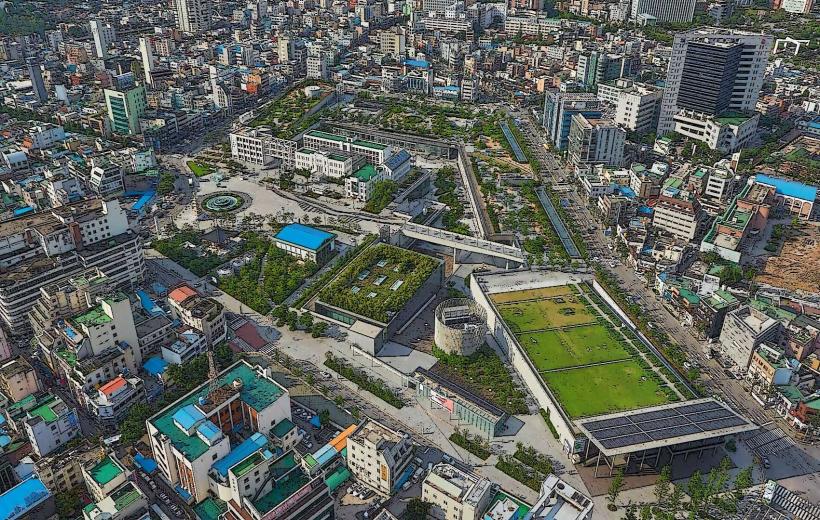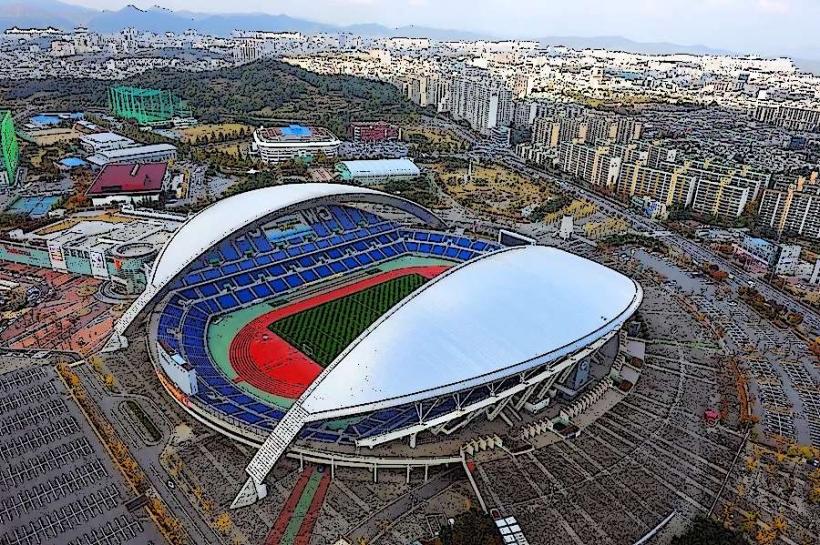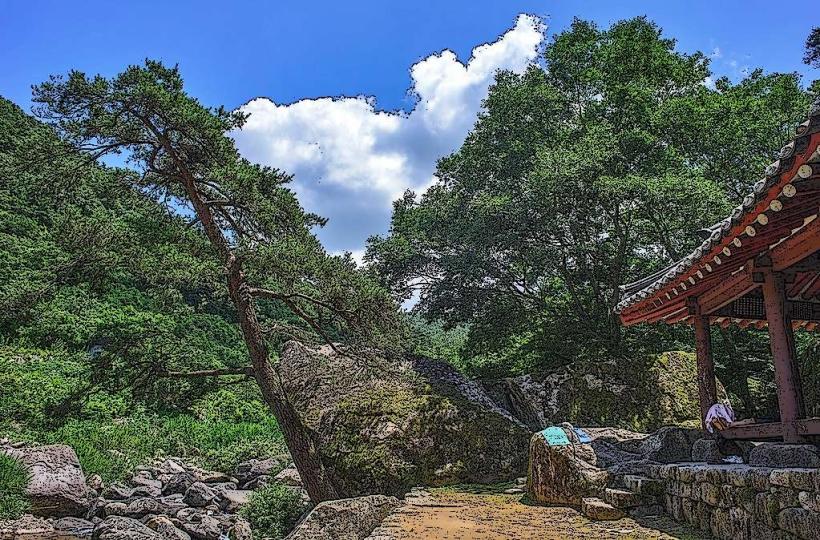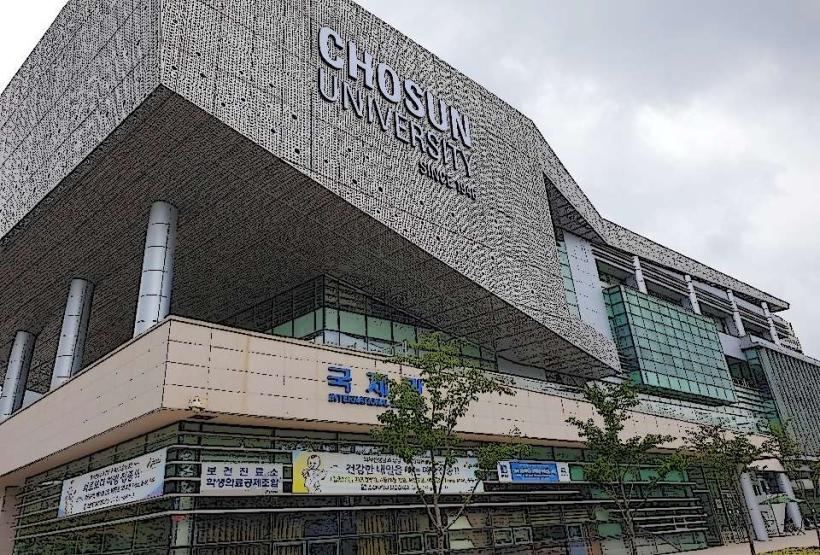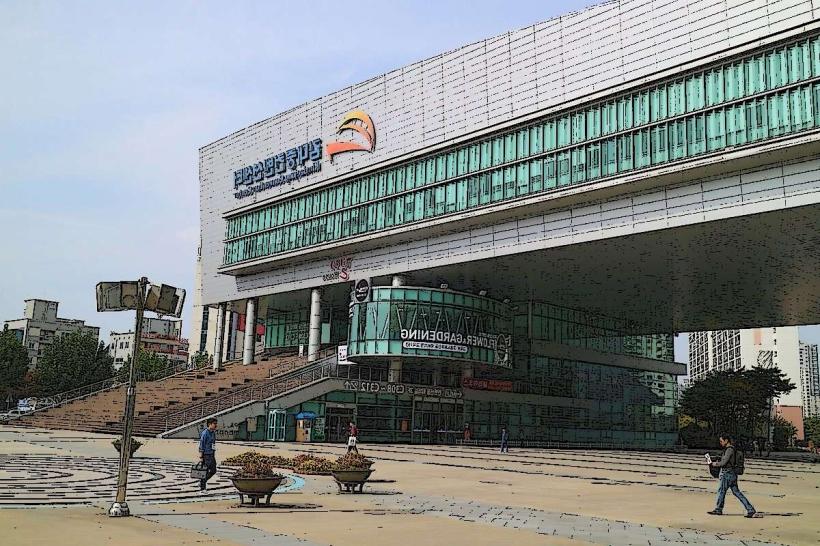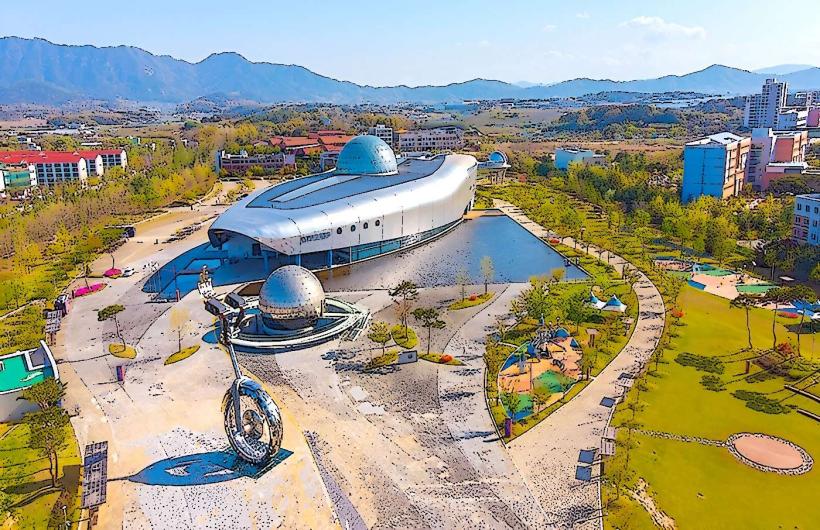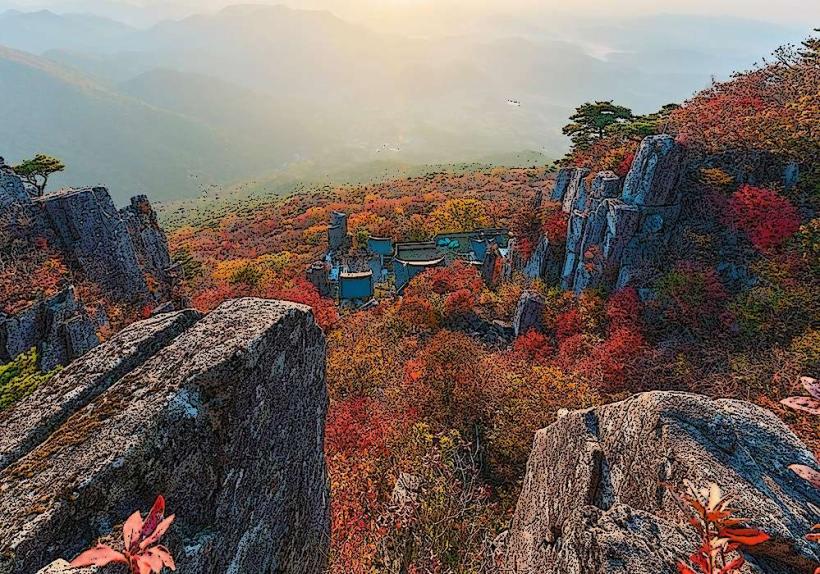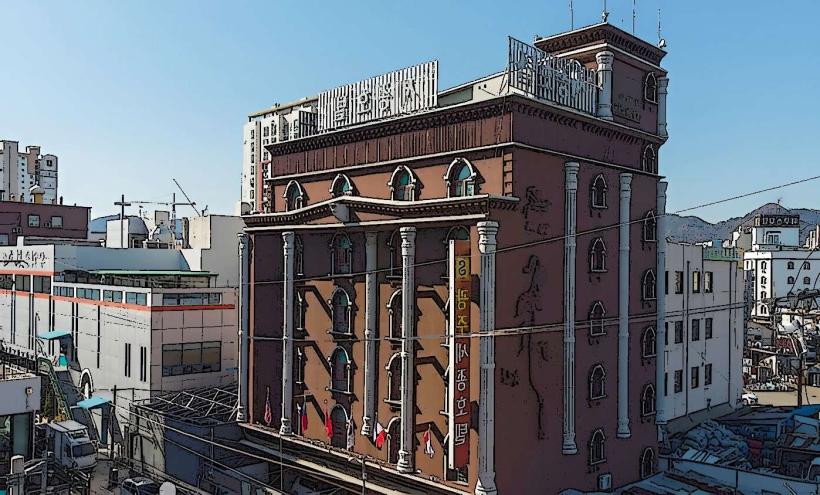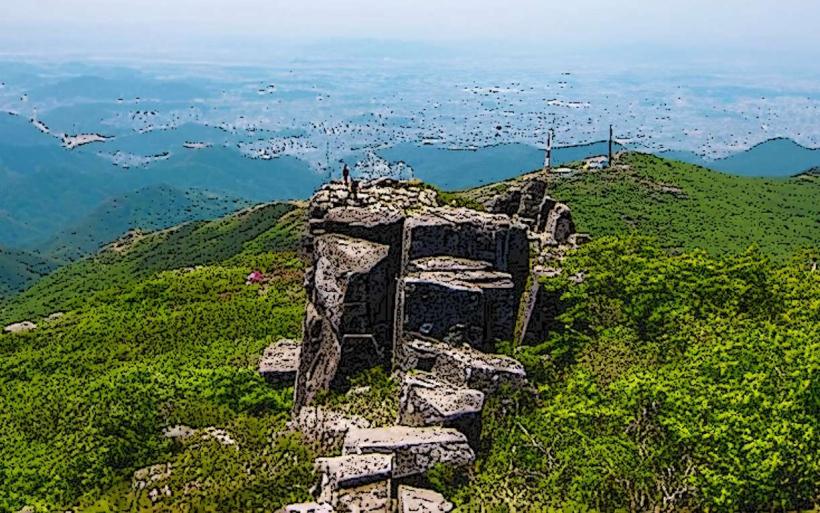Information
Landmark: Gwangju Art MuseumCity: Gwangju
Country: South Korea
Continent: Asia
Gwangju Art Museum, Gwangju, South Korea, Asia
The Gwangju Art Museum is a cultural institution located in Gwangju, South Korea. It serves as a venue for contemporary and traditional art exhibitions.
Visual Characteristics
The museum building features a modern architectural design with a facade primarily constructed from concrete and glass. Its exterior is characterized by clean lines and geometric shapes. The main exhibition halls are designed with high ceilings and ample natural light, supplemented by controlled artificial lighting systems.
Location & Access Logistics
The Gwangju Art Museum is situated approximately 8 kilometers west of Gwangju city center. Access is primarily via the Gwangju-Daegu Expressway (Route 1) and then onto local roads such as Gwangju-Daegu National Road. Public transport options include city bus lines 160 and 518, which stop within a 500-meter walk of the museum entrance. Limited on-site parking is available for visitors arriving by private vehicle.
Historical & Ecological Origin
The Gwangju Art Museum was established in 1990. Its construction was part of a broader initiative to promote arts and culture within the Gwangju metropolitan area. The site itself is located on relatively flat terrain, historically part of agricultural land before urban development.
Key Highlights & Activities
Visitors can explore permanent collections featuring Korean modern art and rotating temporary exhibitions of international and local artists. The museum also hosts educational programs, artist talks, and workshops. Photography is permitted in designated areas, but flash is prohibited.
Infrastructure & Amenities
Restrooms are available on each floor. Limited shaded areas are present in the outdoor sculpture garden. Cell phone signal (4G/5G) is generally strong within the museum premises. A small cafe and gift shop are located on the ground floor. No food vendors are present directly outside the museum.
Best Time to Visit
For optimal lighting conditions within the galleries, visiting during daylight hours is recommended. The museum is open year-round, with weekdays generally experiencing lower visitor numbers than weekends. Specific exhibition opening dates and closing times should be verified on the museum's official schedule.
Facts & Legends
A notable feature of the museum's outdoor space is a large-scale installation that incorporates salvaged industrial materials, a commentary on the region's manufacturing past. Local lore suggests that the spirit of a renowned Gwangju artist occasionally visits the museum during quiet hours, though this is unsubstantiated.
Nearby Landmarks
- Gwangju National Science Museum (1.2km East)
- Gwangju World Cup Stadium (2.5km Southeast)
- Gwangju Museum of Art (3.1km East)
- Gwangju Biennale Exhibition Hall (3.3km East)
- Gwangju Folk Museum (3.5km East)

